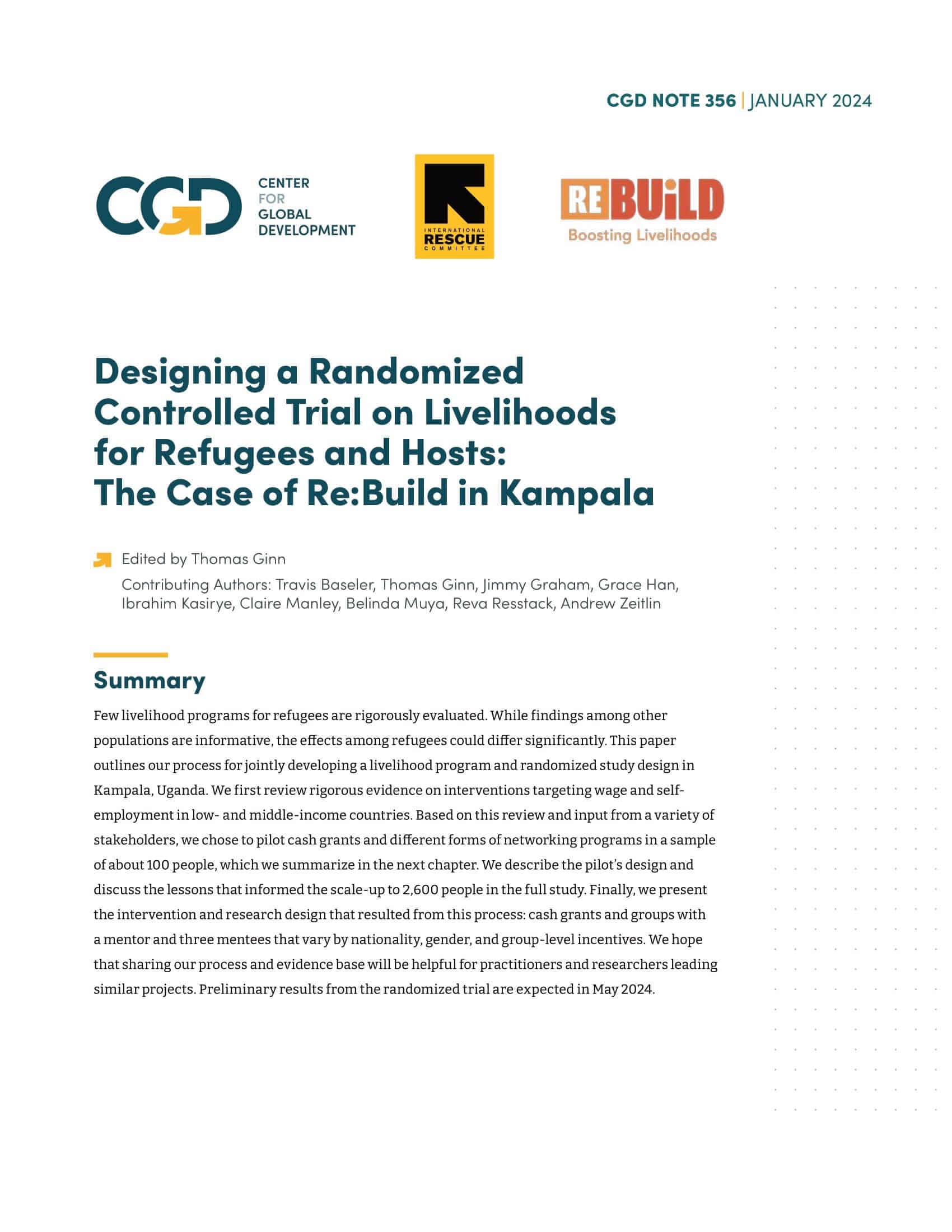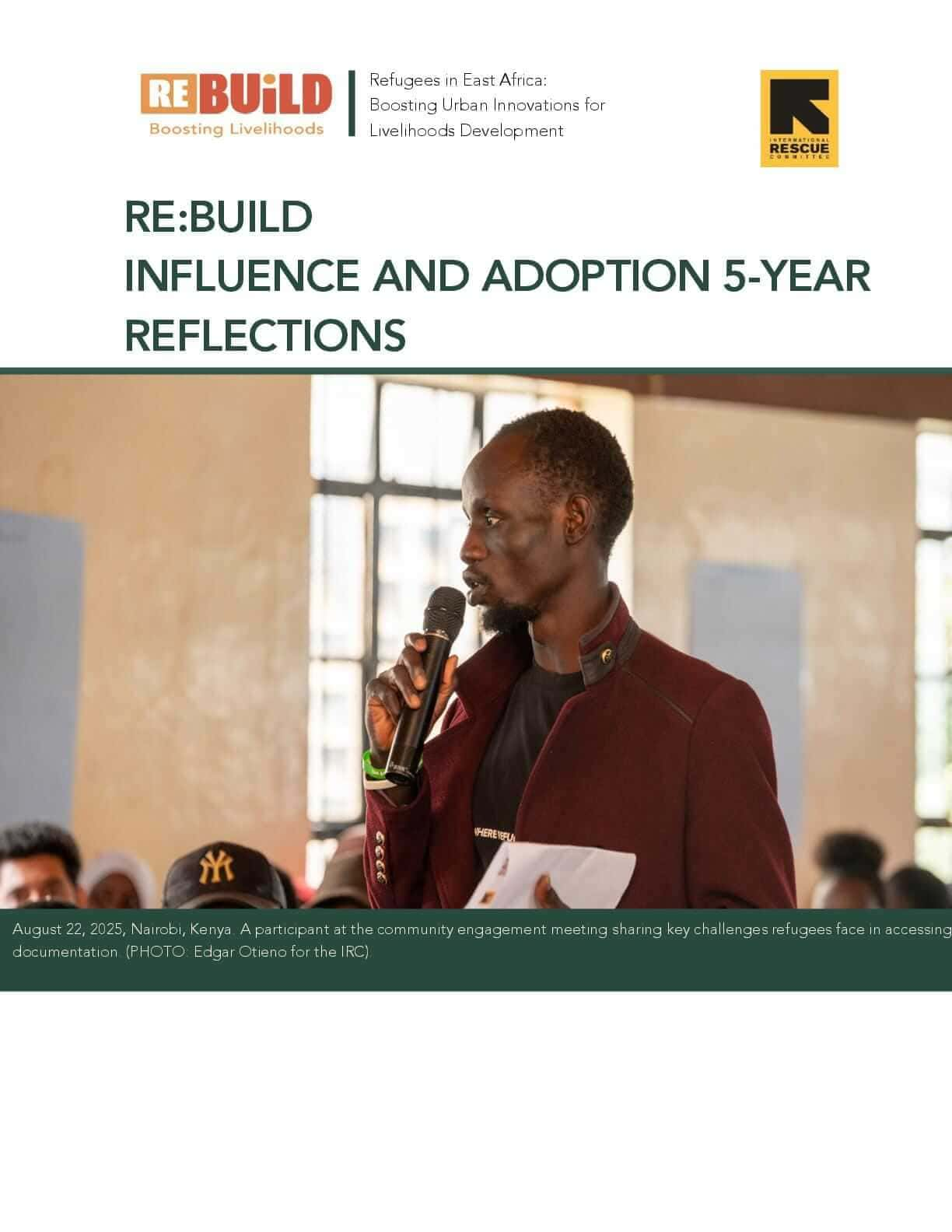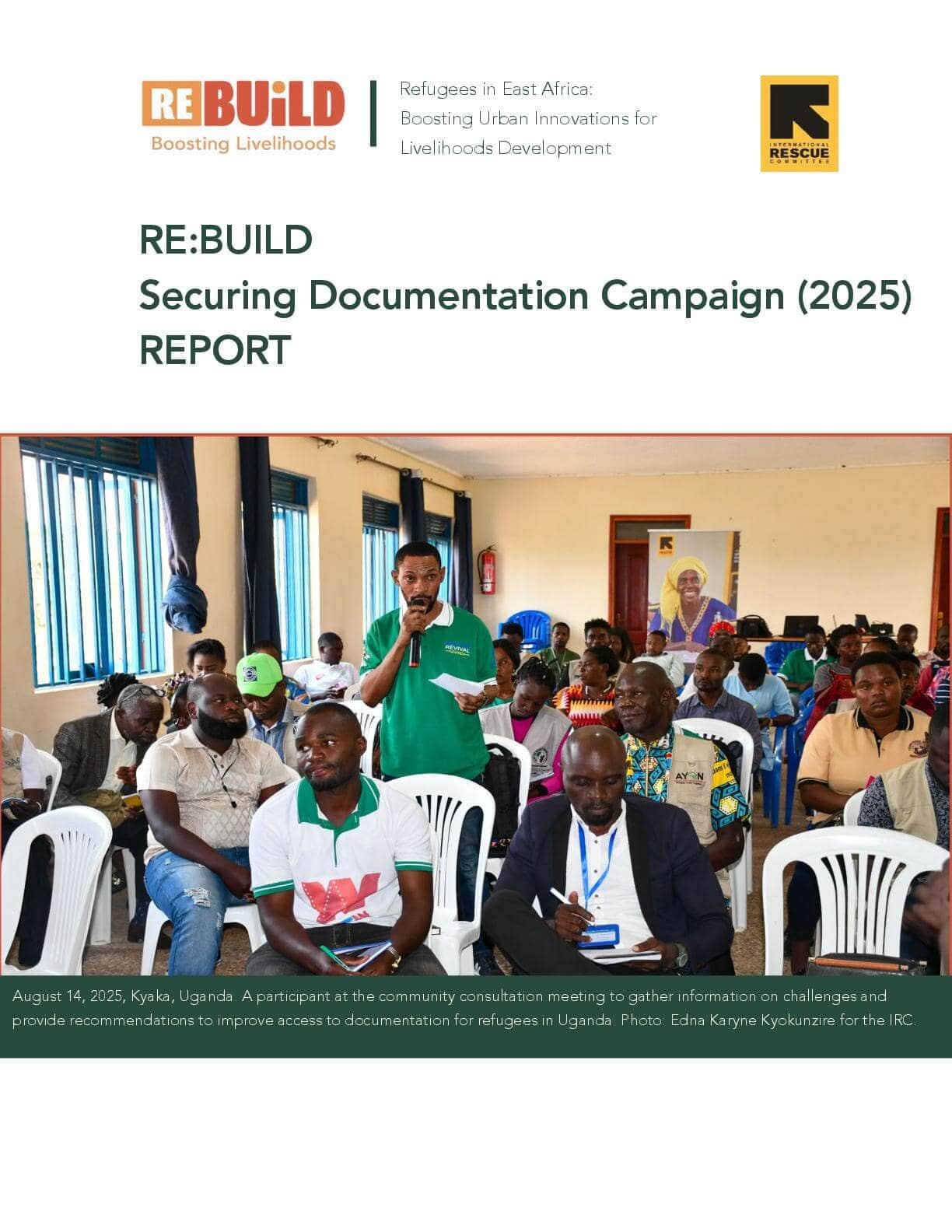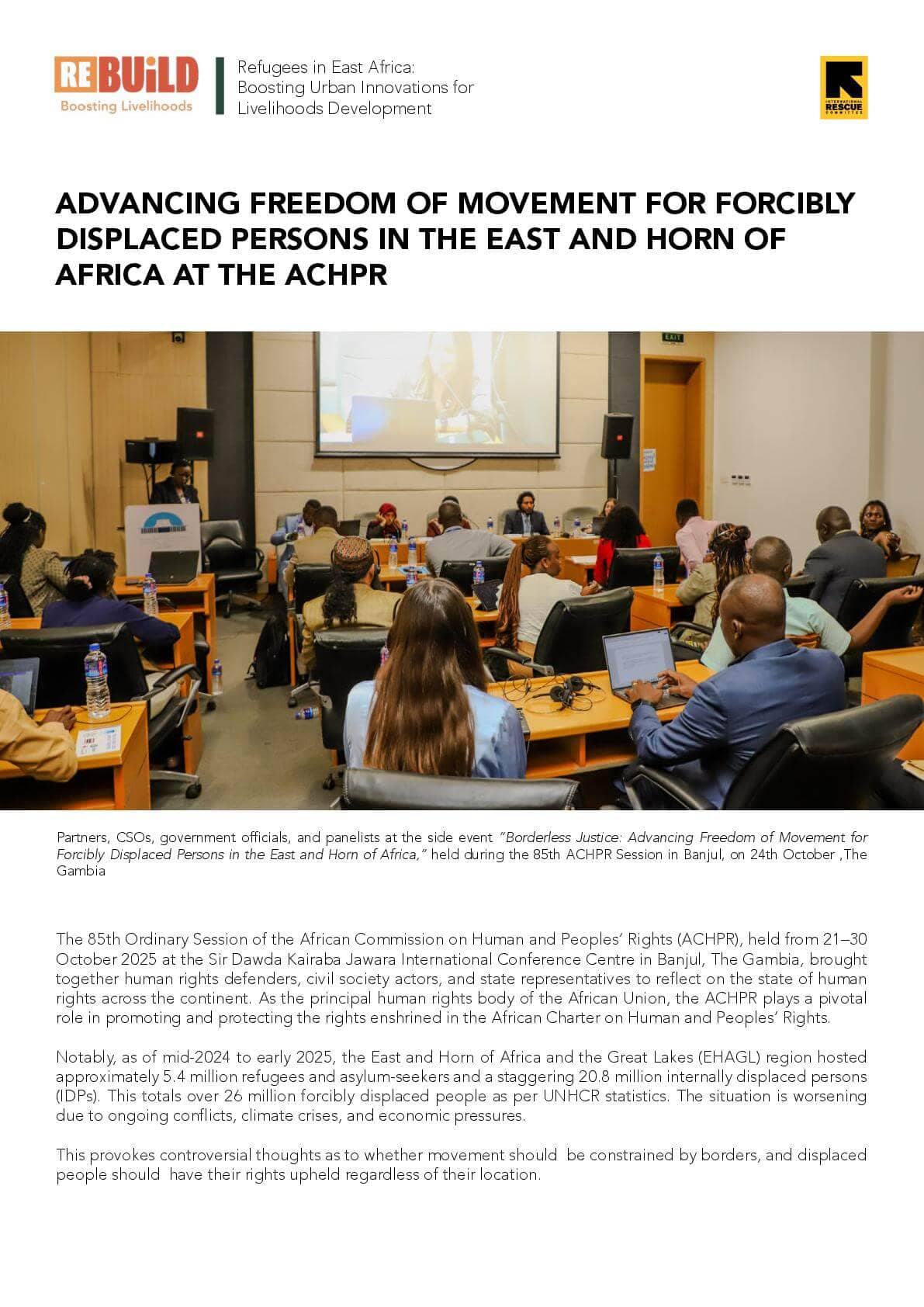Designing a Randomized Controlled Trial on Livelihoods for Refugees and Hosts: The Case of Re:BUiLD in Kampala
Designing a Randomized Controlled Trial on Livelihoods for Refugees and Hosts: The Case of Re:BUiLD in Kampala
Few refugee livelihood initiatives are subjected to thorough evaluation. Findings from other populations can be instructive, but the impact may vary greatly for refugees. In collaboration with our partner, the Center for Global Development (CGD) and Principal Investigators, we conducted a randomized controlled trial on livelihoods in Kampala, Uganda. Firstly, we examine comprehensive data on wage and self-employment interventions in low- and middle-income nations. Based on this review and feedback from various stakeholders, we chose to test cash awards and diverse networking initiatives with a sample of approximately 100 individuals, as outlined in the paper. This text elaborates on the pilot design and the insights gained, leading to the decision to scale the study to involve 2,600 participants.
In conclusion, we showcase the research design and intervention that emerged from cash grants and groups with a mentor and three mentees that vary by nationality, gender, and group-level incentives. We hope that sharing our process and evidence base will be helpful for practitioners and researchers leading similar projects. Preliminary results from the randomized trial are expected in May 2024.
This paper was first published on the Center for Global Development (CGD) website.
The authors would like to thank Clare Clingain, Priscilla Dembetembe, David Musiime, Brian Ssebunya and an anonymous reviewer for their comments. We appreciate the hard work of the IRC staff to develop the project and implement the pilot, especially Shela Kabasele, David Musiime, Doris Nassuuna, and Barri Shorey. The authors are grateful to the IKEA Foundation for their role as a partner and funder of Re:BUiLD Program.
- TRAVIS BASELER, University of Rochester, travis.baseler@rochester.edu
- THOMAS GINN, Center for Global Development, tginn@cgdev.org
- JIMMY GRAHAM, New York University, jimmy.graham@nyu.edu
- GRACE HAN, Center for Effective Global Action, grace.han24@berkeley.edu
- IBRAHIM KASIRYE, Economic Policy Research Centre, ikasirye@eprcug.org
- CLAIRE MANLEY, Center for Global Development, cmanley@cgdev.org
- BELINDA MUYA, International Rescue Committee, belinda.muya@rescue.org
- REVA RESSTACK, American University, rr7828a@american.edu
- ANDREW ZEITLIN, Georgetown University, az332@georgetown.edu



